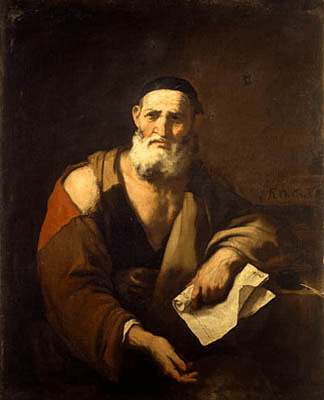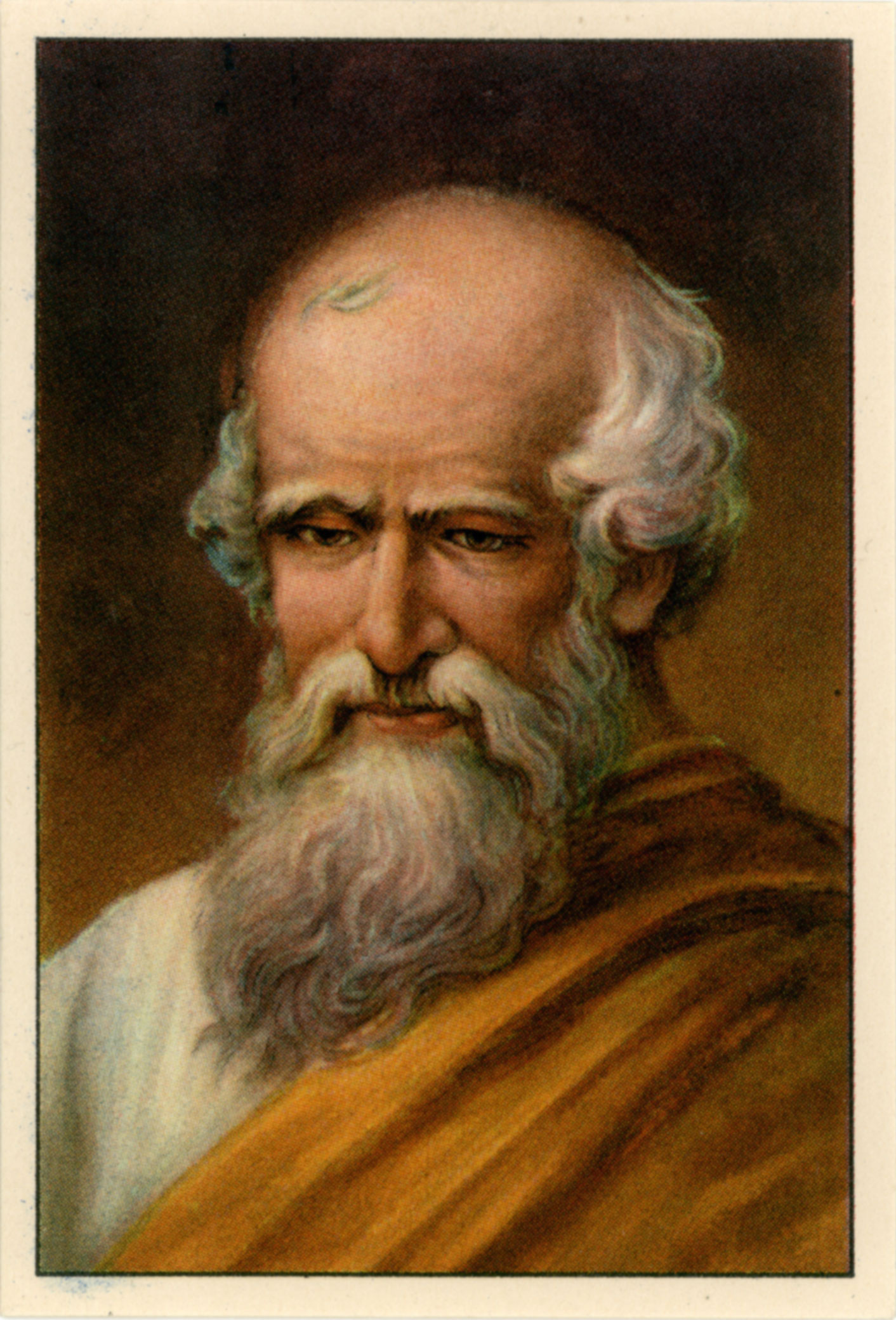Early Greek Physics
Leuccipus
5th century BC - Leucippus and his student Democritus developed the Theory of Atomism - the idea that all physical objects are composed of indivisible particles. There was no observed proof of this theory for over 2,000 years.
Aristotle
3rd century BC - Aristotle was mainly interested in the motion of everyday objects, asking questions such as "Why do rocks fall while smoke rises?". He theorized that all mater was composed of the elements of air, earth, fire and water, and that the motion of objects was due to their desire to return to their natural realm, ie. smoke rises because it is composed of air and fire, which are both above the earthly realm. He also believed that men had more teeth than women, so take this with a grain of salt.
Archimedes
2nd century BC - Archimedes studied the properties of an object's center of mass, as well as simple machines and early statics. He was among the first to use mathematical models in the study of physics, and developed models for several simple machines. He is often known for having noticed the properties of density and buoyancy while bathing, and promptly running naked into the streets exclaiming his discoveries.


